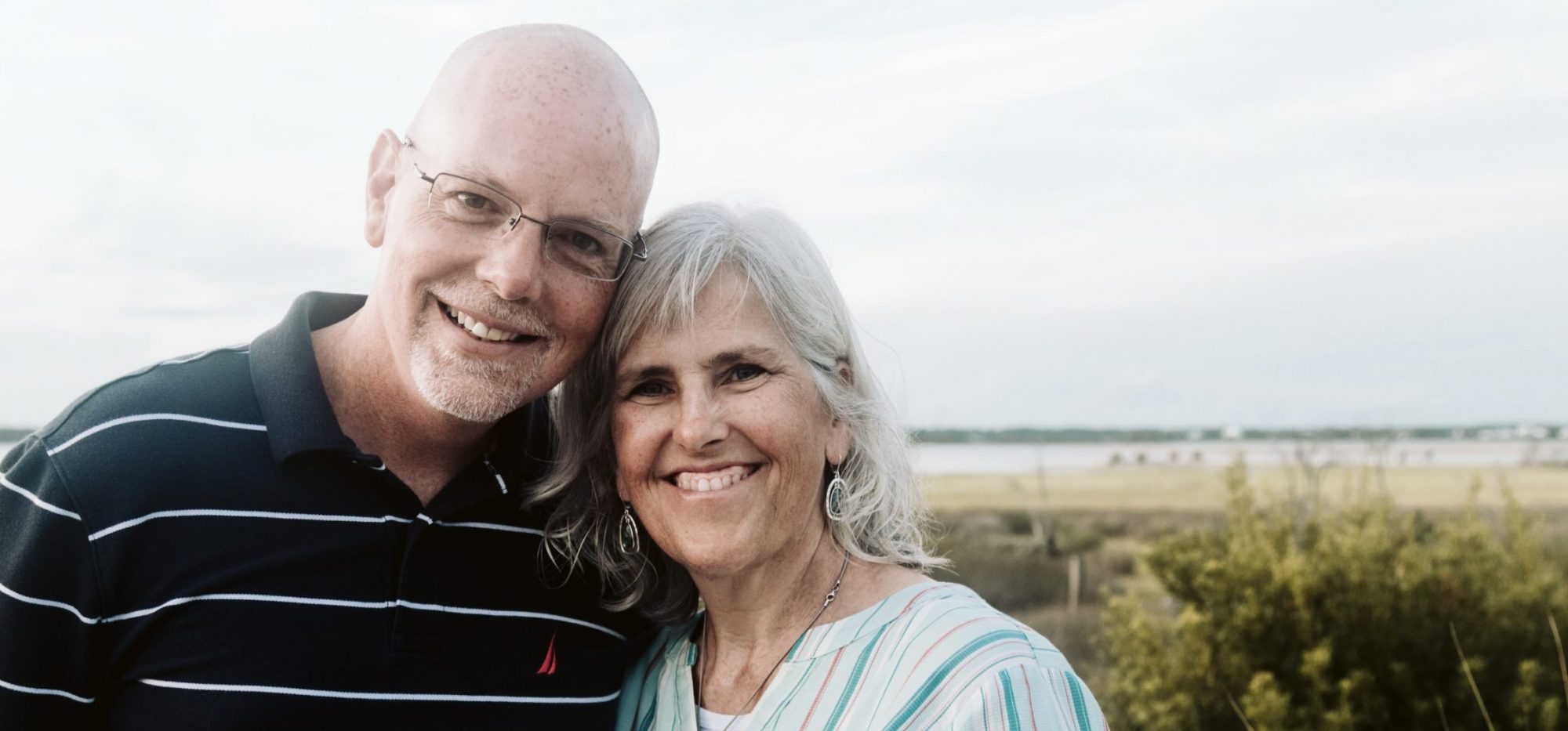Dear Sovereign Redeemer and other friends,
About a year ago, I raised my hand to say I wanted to lead the planting of a church, to be set aside to labor in the word (1 Timothy 5:17), to be fully dedicated to a local church. You can image the checking of motives that happens when a person starts to have those rumblings in the soul. Is there anyone who doesn’t suffer from occasional moments of self-aggrandizement and delusions of grandeur?
At the end of the soul searching, our family pressed forward with eyes wide open. Though I have some gifts, they are not more in number or degree than those of most other men. I will never be the “draw” that brings together a large church. But that isn’t what the body of Christ needs anyway. So while I happily acknowledge that my limitations keep me from being “one in a million,” I can be “one of a million” as God raises up many, many men of normal ability who have been forgiven much and therefore love much. By and large, these are the sort of men that God is giving the church to help and care for His people. I see it happening. I frequently meet these men from all around the country. I am daily with some of them in our own church body. I thank God for His kindness to His people.
So while there is a trend towards “one in a million” mega-pastors (please read this incredibly insightful post), God is leading a mighty but less visible counter-trend, and I am so happy to be a millionth of it.
Kevin DeYoung, a pastor associated with The Gospel Coalition, commented on this in late 2010. The entire post is well worth reading, but I’ll give you my favorite line, where he defines an ordinary pastor as “the pastor who flies under the evangelical radar, the pastor who labors in an ordinary place with ordinary people who don’t give a rip about the evangelical radar or if their pastor is on it, so long as he is with them.”
I recently finished Richard Baxter’s The Reformed Pastor, and Baxter noted a similar move of God in his own day, the mid sixteen hundreds, where he witnessed a dramatic shift within little more than a decade of time:
“Sure I am, the change is so great within these twelve years, that it is one of the greatest joys that ever I had in the world to behold it. O how many congregations are now plainly and frequently taught, that lived then in great obscurity! How many able, faithful men are there now in a county, in comparison of what were then!… And, in particular, how mercifully hath the Lord dealt with this poor county of Worcester, in raising up so many who do credit to the sacred office, and self-denyingly and freely, zealously and unweariedly, lay out themselves for the good of souls! I bless the Lord that hath placed me in such a neighbourhood, where I may have the brotherly fellowship of so many able, faithful, humble, unanimous, and peaceable men. O that the Lord would long continue this admirable mercy to this unworthy country!”
A hearty “Amen!” to that, and may God make this our truthful testimony as we look back on this decade and the next.
May God give His church a million faithful, hard working shepherds. Men who know their limitations and can cheerfully say, “But by the grace of God I am what I am, and His grace toward me was not in vain” (1 Corinthians 15:10a). Men who know it is God’s church and that He is mighty on behalf of His people. And for all such men, may there be an abundance of Christians who have an insatiable appetite for the kind of walk that is so wonderfully helped along by such shepherds.
Peter continues to exhort: “The elders who are among you I exhort, I who am a fellow elder and a witness of the sufferings of Christ, and also a partaker of the glory that will be revealed: Shepherd the flock of God which is among you, serving as overseers, not by compulsion but willingly, not for dishonest gain but eagerly; nor as being lords over those entrusted to you, but being examples to the flock; and when the Chief Shepherd appears, you will receive the crown of glory that does not fade away” (1 Peter 5:1-4).
To close by repeating the words of Richard Baxter, “O that the Lord would long continue this admirable mercy to this unworthy country!”
